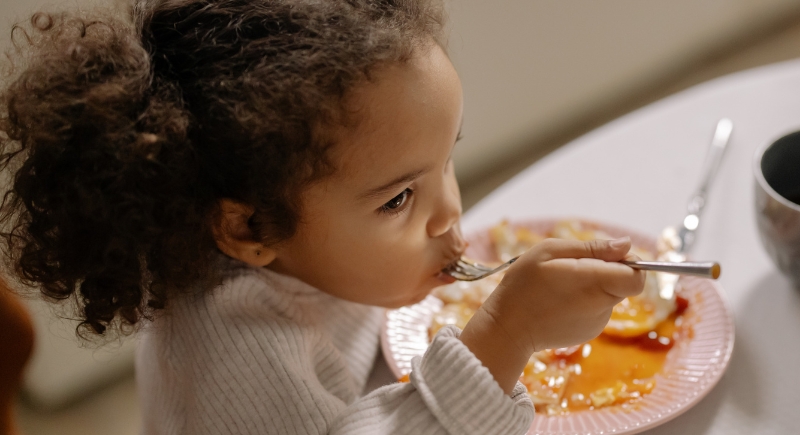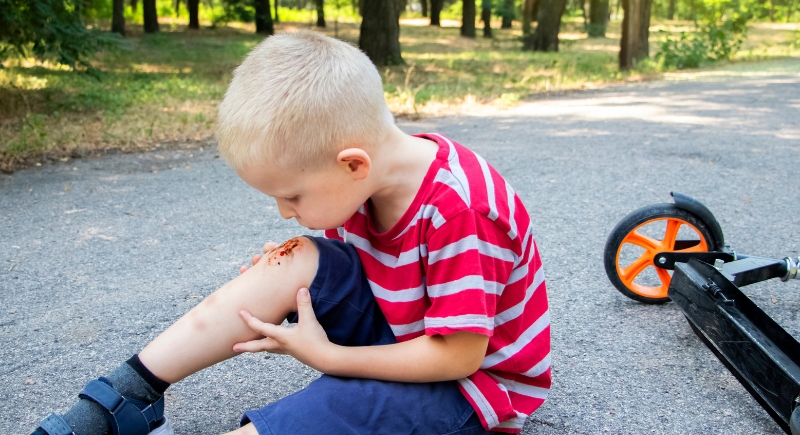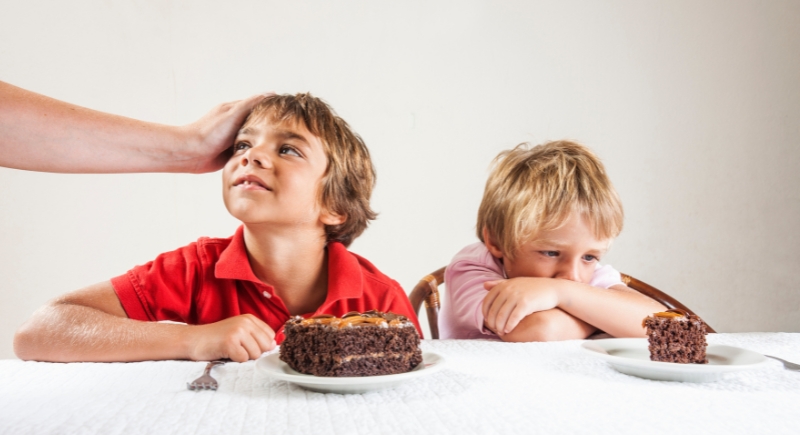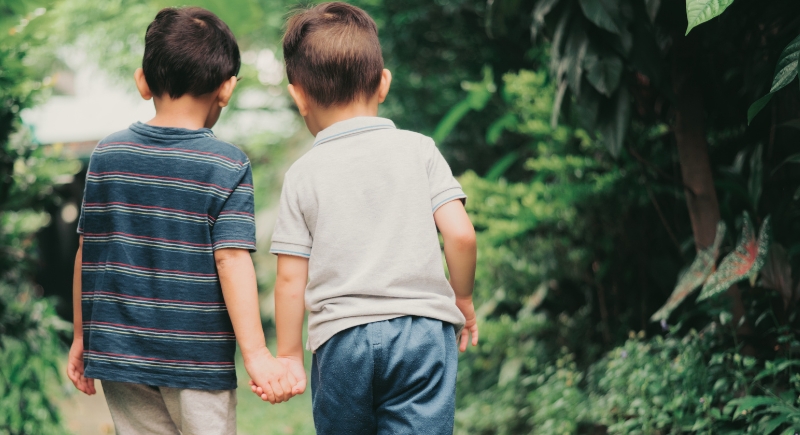11 Toxic ‘Tough Love’ Sayings Boomers Thought Were Normal
Boomers didn’t grow up with gentle affirmations or child-focused therapy books on their shelves. Their childhoods were lined with grit, discipline, and phrases meant to toughen rather than soothe. The once standard parenting now reads like emotional boot camp. These sayings, though common back then, would spark side-eyes and debates today.
“Because I Said So.”

Credit: pexels
Parents used this to reassert control when questions started flying. While it may have maintained order, it didn’t do much for problem-solving skills. Children learn better when they understand the “why,” not just the command.
“Children Should Be Seen And Not Heard.”

Credit: pexels
The phrase dates back to 15th-century England and was rooted in the belief that silence equaled obedience. However, modern research shows kids thrive when they’re invited into conversations. Giving them a voice builds confidence, and guess what? They’re often more insightful than expected.
“You’ll Eat What’s On Your Plate.”

Credit: pexels
Food wasn’t up for discussion. Kids were expected to clean their plates, whether of canned peas or liver. The phrase promoted thriftiness and avoided waste, which was shaped by parents who remembered the Depression rationing. Today, we talk more about intuitive eating and respecting hunger cues.
“What Doesn’t Kill You Makes You Stronger.”

Credit: Canva
It sounds empowering until it’s used to brush off pain. This phrase implies that every hardship is character-building, even when it’s not. Repeated stress, especially in childhood, can have lasting effects. According to trauma studies, resilience requires support, not just survival.
“I’ll Give You Something To Cry About.”

Credit: Canva
Say it loud enough, and tears stop, mainly out of fear. This classic shutdown taught kids that showing emotion might trigger punishment. Nowadays, school emotional literacy programs teach kids to name what they feel. Turns out, crying is only human.
“Money Doesn’t Grow On Trees.”

Credit: Getty Images
The phrase made every toy aisle feel like a negotiation. It reminded kids that money had value and limits. Still, this leafy metaphor doesn’t hit the same way in a world where finances are primarily digital. Financial literacy efforts have focused more on credit and how “invisible money” disappears quickly.
“You’re Too Big For Your Britches.”

Credit: Canva
The phrase, with Southern roots, implies that someone acted above their place and warns against arrogance. While humility is still valued, culture has transformed into confidence and self-advocacy. Teaching kids to celebrate strengths means encouraging agency and assurance.
“Well, Life Isn’t Fair.”

Credit: Canva
This is hard to argue with, but even harder to hear when you’re six and just got skipped in line. It was truth doubled as dismissal. Instead of ending the conversation today, adults often use unfair moments to explore problem-solving or empathy. A little validation goes a long way.
“If You’re Not First, You’re Last.”

Credit: Getty Images
Ricky Bobby made it famous, but plenty of parents said it first. This phrase turned every activity into a competition, where second place felt like a failure. In contrast, modern youth sports and schools promote personal bests and teamwork. The trophy case might be thinner, but the stress levels are, too.
“If Your Friend Jumped Off a Bridge, Would You?”

Credit: Canva
Every kid who wanted to try something new heard this at least once. It was meant to push independent thinking, but mostly shut down the conversation. Modern parents are more likely to ask about peer pressure, safety, or why their child wants to follow along.
“You Made Your Bed, Now Lie In It.”

Credit: pexels
Personal responsibility was non-negotiable. This phrase made it clear that choices came with consequences. Restorative practices have replaced punishment in many schools and homes to shift from judgment to growth.
“Rise And Shine.”

Credit: Getty Images
This phrase, chirpy, relentless, and oblivious to sleep cycles, didn’t care if you were mid-dream. Its roots go back to service drills, where early rising was seen as noble. Luckily, times have changed. Doctors emphasize rest, especially for teens whose brains need more than just a sunny slogan to wake up.
“Don’t Air Your Dirty Laundry In Public.”

Credit Aflo Images
Privacy was prized, and this phrase made emotions something to hide. Families kept personal struggles behind closed doors, even when that meant suffering alone. These days, mental health awareness encourages people to talk, share, and connect. Vulnerability isn’t airing laundry but airing the truth.
“You’ll Understand When You’re Older.”

Credit: Getty Images
This line stopped questions without providing answers. It was either to protect innocence or to avoid awkward topics. Yet kids are more perceptive than they’re given credit for. Giving age-appropriate answers builds trust. Delaying everything only delays understanding.
“Nobody Owes You Anything.”

Credit: pixelshot
This phrase taught self-reliance in bold, sharp strokes, but taken too literally; it could also foster detachment. People nowadays talk more about interdependence, support systems, social safety nets, and community care. Responsibility still matters, but so does reminding people they don’t have to do it all alone.